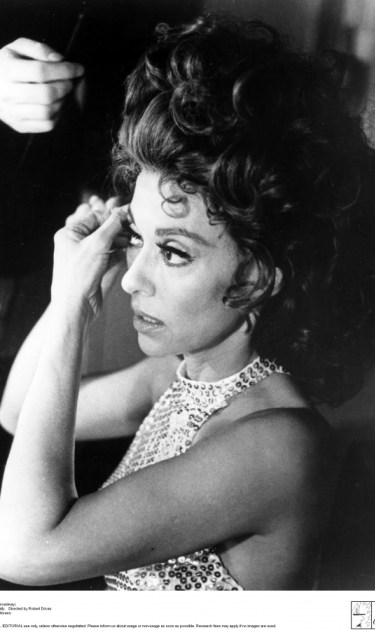After 89 years on earth, 78 of them as a professional actress, singer and dancer, icon Rita Moreno’s life has finally been immortalized for the screen. In the documentary Rita Moreno: Just a Girl Who Decided to Go for It, director Mariem Pérez Riera accepts the challenge of condensing the Emmy, Grammy, Oscar and Tony (EGOT) award-winning performer’s extensive career into a compelling feature film.
From leaving Puerto Rico as a child with her mother in 1936 to live in New York City to the memorable movies she’s starred in to the countless accolades she’s received in her twilight years, Riera’s film captures the emotional, authentic and sometimes heartbreaking experiences Moreno faced as she rose to fame in Hollywood.
While many of the stories in the documentary were included in Moreno’s 2014 memoir, it was important for her to allow her fans to see her speak about them herself, which, Moreno said, is an entirely unique experience altogether.
I wanted to be very personal and honest—even when it was hard.
“I think describing things in person immediately brings up different feelings,” Moreno tells Remezcla. “I’m repeating stories in different ways and with different words. It’s still the same life—but with colors. This is my coloring book.”
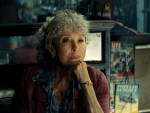
When initially approached to make the film, Moreno said she was hesitant, but decided she would do it if she could promise herself to make a documentary that was “completely personal. That was the most important thing,” she says. “I didn’t want to leave things out. I wanted to be very personal and honest—even when it was hard to be honest.”
During our interview, Moreno, who will turn 90 in December, talked about why her age is just a number, the problems she always had in the makeup chair when they wanted to darken her skin for a role and more.
Rita Moreno: Just a Girl Who Decided to Go for It makes its world premiere at the Sundance Film Festival on Jan. 29. To purchase a ticket to the virtual screening, visit Sundance’s website.
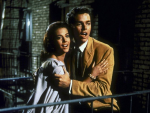
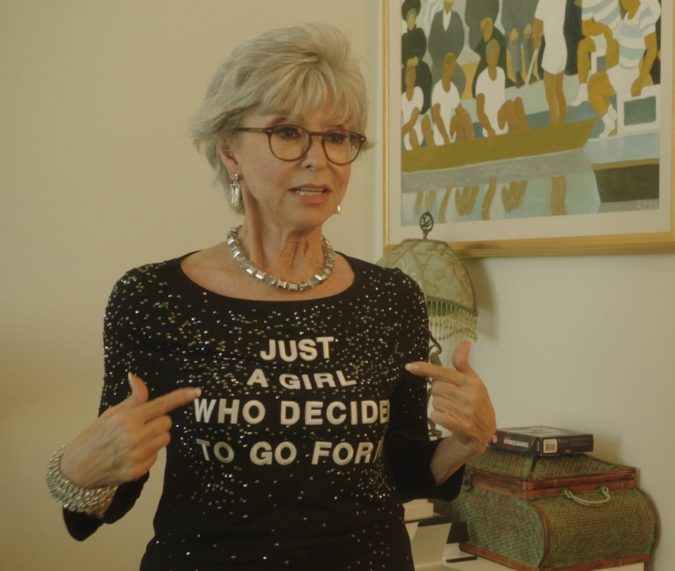
Had anyone else ever come to you asking to make a documentary on you before?
No, never. It stands to reason that it would be someone like [producer] Brent Miller (TV’s One Day at a Time), who is [executive producer] Norman Lear’s business partner, to say, “What a good idea this would be!” Both know me very well. They also love me a lot, as I love them. I couldn’t think of two people who would be more wonderful than Brent and Norman.
Were you happy with the way the documentary came out?
Very much. It was very important to me that women were running some of this like Mariem and [producer] Ilia [Vélez Dávila]. I don’t know if you know this, but Mariem is the mother of [actor Marcel Ruiz], who plays [my] grandson on [TV’s One Day at a Time]. And she’s Boriqua! And don’t forget that Lin-Manuel Miranda also has a stake in this. That’s important because he’s one of my people.
What was your initial reaction when you found out someone wanted to make a documentary on your life and career?
It’s interesting because when they first came to me, I said, “Uh, I don’t know.” Then my manager, who is also my closest friend next to my daughter, said, “I think you have a life that’s really interesting and that people should know about. You’ll have a chance to tell them things that they should know.” I think more than anything else, that’s what sold me.
What do you want your fans to know about you when they see this film?
I think it shows some of the heartbreak that people don’t think about. A lot of people who are my fans or admirers (many of whom are Latinos) don’t really know how hard it’s been. I think it’s important to show that, yes, it’s been hard, but I’m still here and I’m alive and active. You can survive things like this.
Yes, it’s been hard, but I’m still here.
Hearing you tell some of the stories you wrote in your memoir is a different experience than reading about them. Your authenticity and spirit and energy are palpable. How old do you feel? (Because you don’t act like an average 89-year-old).
I’m a very youthful person. I don’t want to put a number on it. I’m a person who has always had enormous energy and a real joy for life—joie de vie as they would say in France. I don’t want to put an age on it because I don’t know how other people feel at my age, but I feel youthful. It’s very important for me to have a better understanding of young people. A lot of people my age are very critical. I really make an effort to understand what is behind some of the behavior of young people. You can’t just say, “That’s not right” or “That’s no good.” You have to understand where they come from. I believe I do. In fact, very often when I’m with young people, they just love me because they see me as so contemporary. And I am.
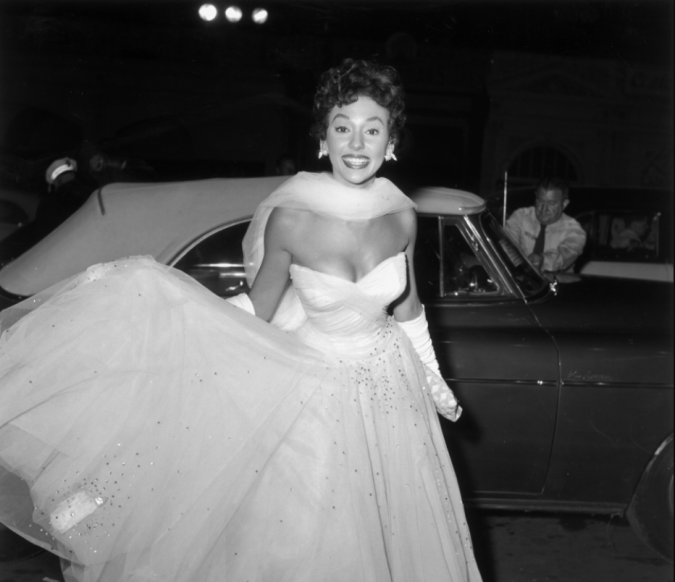
What kinds of roles do you think a 19-year-old Rita Moreno would be attracted to in 2021? Do you think you’d gravitate to musicals? Superhero movies? Sitcoms?
I would look for whatever was offered to me that wasn’t a cliché. When I was looking for roles in movies and TV during my career, I was only getting parts for American Indian girls, Egyptian girls, anybody with dark skin. I remember saying all the time, “But that’s not the color of my skin.” I remember when I was in makeup for [1961’s] West Side Story, I was saying, “I don’t know why I have to be this dark.”
Many Latinos starting their careers in Hollywood today are still playing stereotypes. Some of them have built an entire career on those roles. Do you have any advice for them?
I can’t give them advice, but I can say that I’m sorry. I’m sorry that they feel so helpless and that they have to fill those kinds of roles. Thank goodness there are not too many of those. There are some and it makes me really sad and sometimes it makes me angry.
It’s easy to stay where you are when you love what you do.
But how is a young actor supposed to say no to playing a cholo in a Denzel Washington movie?
It depends on the kind of cholo he’s playing. It’s perfectly alright to play a cholo if there is a real purpose behind it. It’s about what’s underneath that character.
How were you able to maneuver your way through the objectification you experienced in your career by men in the film industry? Many actresses would’ve quit, but you persevered.
Because I love what I do. I’ve always loved being an actor. I enjoy it and can’t think of anything else that would make me happier than to do what I’m doing. It’s easy to stay where you are when you love what you do.
Do you want this documentary to be the definitive documentary on your life and career? What if some young, hotshot filmmaker comes around in the year 2060 and learns about you and decides they want to make a documentary about you?
I didn’t even think about that. They would need to look at this documentary first. I’m very happy with it. I mean, I’m 89 now, man. I’m eighty-f**king-nine. And when [the remake of] West Side Story comes out later this year, I will be 90! That’s pretty spectacular.
